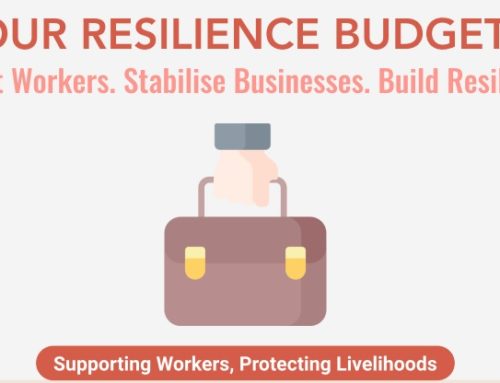Investing in unit trusts or equities can achieve potentially better returns and help diversify a portfolio but many people are put off by the high costs associated with these investments.
Two polls conducted by The Sunday Times Invest with DBS Bank looked at both options.
Our survey on unit trusts found 41 per cent of the 368 respondents saying they are not investors in the product. About 45 per cent of that group blamed high charges and fees while 15 per cent attributed it to poor past performance.
About 10 per cent did not know which funds to select and 6.7 per cent did not know how to get started. About 23 per cent cited all these reasons.
The poll also found that 30.3 per cent of people who did have unit trust investments enjoyed the diversification the asset class provides while 12 per cent said trusts are less risky than shares.
Other reasons include the flexibility of dollar-cost averaging and the low entry level. About 42.2 per cent cited all these reasons.
These unit trust investors typically turn to financial websites and banks for their transactions and information. About 22 per cent use financial planners and 10 per cent go online.
Respondents like a variation of educational websites, road shows and investment fairs, as well as workshops, with a higher preference for one- to two-hour workshops.
When it came to equities, 30 per cent of the 395 respondents in the second poll said shares accounted for less than 25 per cent of their portfolio.
The poll also found 28 per cent of respondents saying equities take up a quarter to half of their investments while 12 per cent had more than 75 per cent of their portfolio in shares.
But only 8 per cent claimed to have a “sophisticated” level of knowledge about the investment product.
About 44 per cent had invested in equities for more than a decade, 21 per cent said they had five to 10 years’ experience, while 15 per cent had less than 12 months.
Seminars and workshops were cited by 24 per cent of respondents as a preferred way to increase their understanding ofequities while 24 per cent would like to see lower broker commissions.
When asked how they had reacted in the past when equity markets declined, a significant 54 per cent said they made paper losses but held on to their stocks. A quarter said they bought more equities while 7 per cent said they sold their stocks and had not bought since.














Recent Comments